In India, restaurants are quickly rising to the top of the list of the most profitable investment opportunities. Much like every business venture, there are certain licenses required for restaurants that need to be acquired before the big launch. If you are a budding restaurateur or someone who wishes to invest in a restaurant space, this article will help guide you towards obtaining the 12 important restaurant licenses required to open a restaurant in India.
With this detailed guide on licenses needed for restaurants, you can get a fair idea of the licenses and permits needed to open a restaurant, the documents required for restaurants, and the process for acquiring each license, to help your restaurant open for business.
DISCLAIMER: Restaurant licenses and policies associated with them are subject to change based on decisions by the concerned regulatory authorities. Readers are advised to treat this blog as a reference material for understanding what are the licenses required to open a restaurant in India.
Contents
What are the licenses required to open a restaurant/cafe in India?
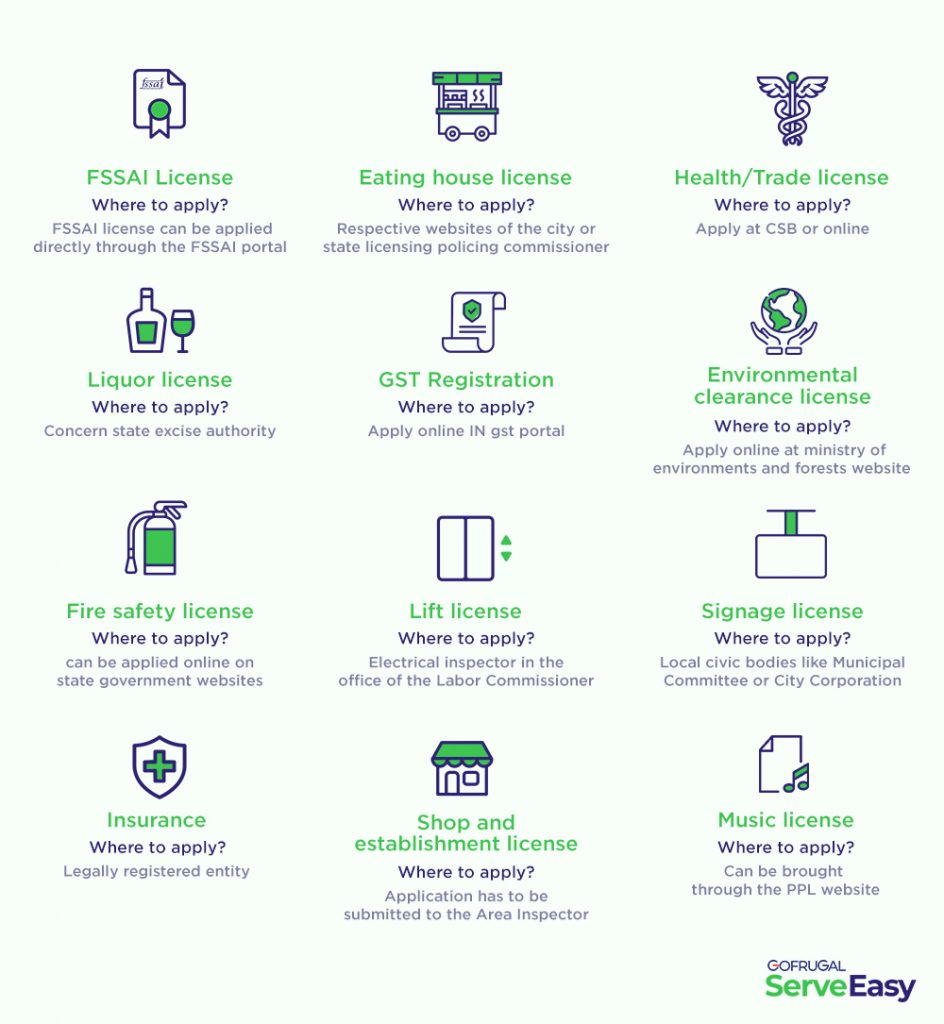
1. FSSAI License
This is the most important license needed for restaurant in India. This restaurant license is provided by the Food Safety and Standards Authority of India (FSSAI). An FSSAI license is a legal document that represents the approval of authority for producing and serving food. Not only does this authorizes you to run a restaurant, it also boosts your restaurant's confidence among your customers.
You can apply for FSSAI license from the Food Safety Compliance System (FoSCoS) portal, which is an enhanced version of Food Licensing and Registration System (FLRS). This portal was launched in 2012 for issuance of FSSAI Licenses across India. The food license application can be done through their official portal. You have to fill up the online form and make the payment there. The fee varies according to the type of restaurant:
| Turnover | License | Fee |
| Restaurants | ||
| Less than ₹ 12 Lakhs p.a. | Registration | ₹ 100 |
| Between ₹ 12 Lakhs and ₹ 2 Crores p.a. | State License | ₹ 2000 |
| More than ₹ 2 Crores p.a. | Central License | ₹ 7500 |
| Dhaba / Highway Restaurant | ||
| Less than ₹ 12 Lakhs p.a. | Registration | ₹ 100 |
| More than ₹ 12 Lakhs p.a. | State License | ₹ 2000 |
Documents required for restaurants to be submitted with FSSAI License Application
- Proof of Expected Annual Turnover (self-attested)
- List of Directors / Partners / Proprietors / Executive Members of Society / Trust with Full address and contact details with nomination of Authorized signatory (to be submitted on letterhead of the firm – mandatory for companies)
- Photo ID and address proof issued by Govt. authority of Proprietor / Partner / Director(s) / Authorized Signatory
- Proof of Possession of premises (Sale Deed / Rent Agreement / Electricity Bill, etc.)
- Partnership deed / Self declaration of proprietorship / Memorandum & Articles of Association towards the constitution of the form / Copy of certificate obtained under Co-Op Act 1861 (or) Multi State Co-Op Act 2002 (in case of cooperatives)
- Form IX: Nomination of Person as per Clause 2.5 of FSS Rules, 2008 (Not applicable in case of Proprietor)
- Analysis report (Chemical and Bacteriological) of water to be used as ingredient in food from a recognized public health laboratory to confirm the potability of water
- In case of ground water extraction, NOC from CGWA as per FSSAI order dated 2nd Jan 2018 & 11th Jan 2021
- Any document which is required by the license authority to ensure safety of food
- Any document specified by FSSAI or Commissioner of Food Safety through a public order for any Kind of Business activity or in general
Documents for renewal or modification of FSSAI license
- Any change in documents or information provided during grant of previous license
- Certificate of Food Safety Management System being adopted
- List of workers with their medical fitness certificates
To get more detailed information on the application process, visit this page.
2.Eating House License
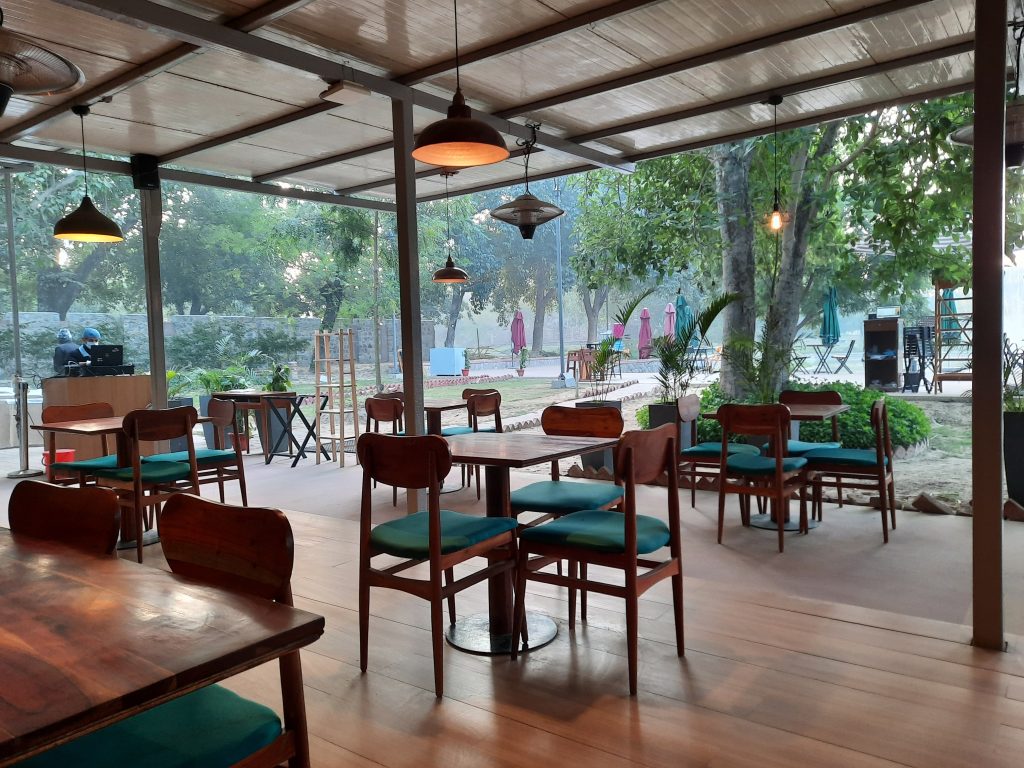
An eating house license is an integral license for conducting business where any food or drink is supplied for consumption legally.
How to apply?
This is regulated by the City or State Police, and this restaurant license is needed at the time of opening a restaurant. For example, if you were to open a restaurant in Chennai, you would have to acquire an eating house license adhering to Section 35(2) of the Tamil Nadu Police Act, 1888. And, if you were to open a restaurant in Delhi, you would have to acquire the license adhering to Section 112 of the Delhi Police Act, 1978.
Documents required for restaurant to be submitted with Eating House License Application
- Application Form
- Residential proof of the Applicant
- Documentary proof of the shop address. In case the shop is rented, an NOC from the Landlord
- Duplicate of trade license and Fee Receipt
- Copy of Board Resolution
- GST Registration Certificate
- FSSAI License
- Full Site Plan accompanied with the photographs of the Eating House facility
- All the undertakings in reference to the installation of the CCTV cameras with 30 days recording facility
- A duly attested affidavit on stamp paper of INR 10/- by Notary Public
- NOC from Fire Department if seating capacity is more than 50 seats
- Undertaking by the eating house related to amusement activities
The processing period of the Eating House license is 60 days. The validity of the license is 3 years.
3. Health/Trade License
Trade license for restaurant acts as a work permit for entities/businesses involved with trading goods and services that affect the consumer’s health in one way or another. These entities must secure this restaurant license before commencing with their business. The fundamental reason for granting this license is to ensure the health and safety of the consumers availing of goods and services. It is a legal compulsion for all businesses offering goods and services related to food, drugs and their ancillaries.
How to apply?
| Type | Processing Fee (in ₹) | License Fee (in ₹) | Renewal Fee (in ₹) |
| 5-Star Hotel (above 50 seats) | 5000 | 10000 | 100 |
| 5-Star Hotel (below 50 seats) | 5000 | 5000 | 100 |
| Tea Shop | 1000 | – | 100 |
| Coffee Shop | 500 | 5000 | 100 |
| Cafe (below 50 seats) | 1000 | 5000 | 100 |
| Restaurant (above 50 seats) | 1000 | 10000 | 100 |
| Restaurant (below 50 seats) | 1000 | 5000 | 100 |
| Sweet Shop | 1000 | 1000 | 100 |
Documents to apply for a new health trade license
- PAN / TAN
- Site Sanction and Premises plan
- Ownership proof
- Medical certificate
- Self-attested identity and address evidence
- NOC from the Commissioner of Police / Fire Services department
- Water testing report
- Sewer connection proof
- Proof of business location
- Photograph of a business location with a front facing
- Cancelled cheque and bank details
- Undertaking by the eating house related to amusement activities
Documents for renewal or modification of health trade license
- Copy of original license
- Identity proof of partners
- Proof of payment of property tax paid on premises
- Challan for previous year
The forms for the application for Health Trade License are available at the State’s Municipal Corporation website or Zonal Citizen’s Service Bureaus.
4. Liquor License
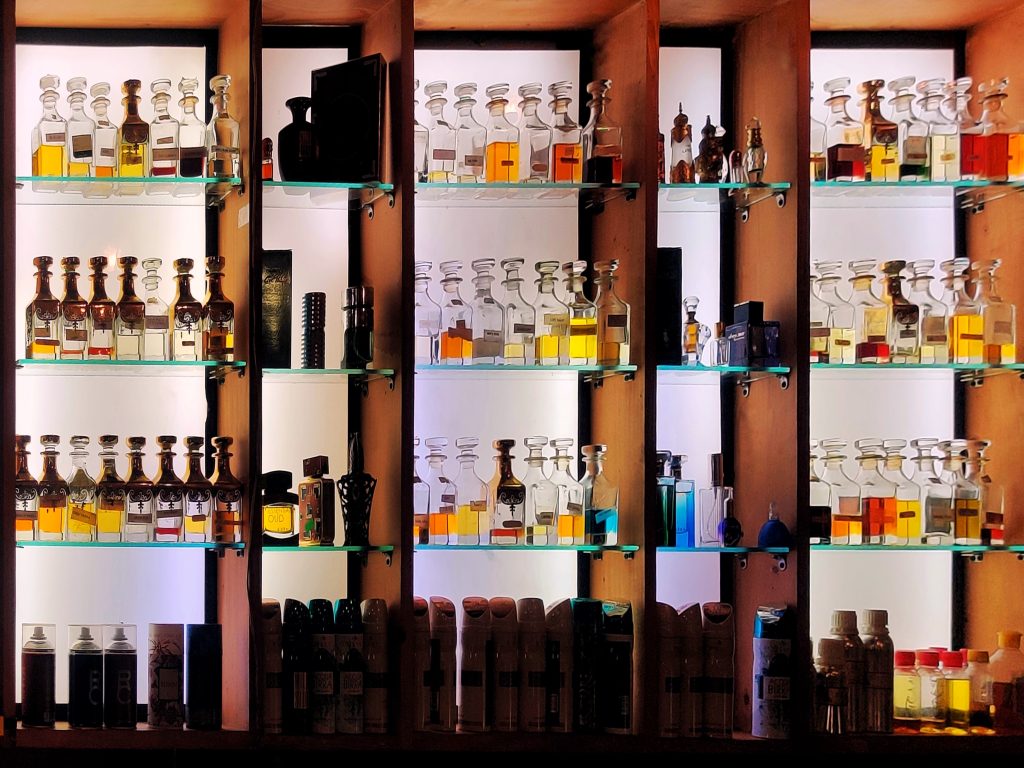
Serving liquor at your restaurant may lift your customer’s spirits, but it is not possible until you acquire a proper liquor license. The Licensing Act 2003 states that one needs a liquor license in India to sell alcohol. Also, it is illegal to sell alcohol in certain states in India (as of December 2022), viz.:
- Mizoram
- Gujarat
- Bihar
- Nagaland
- Lakshadweep (except for the island of Bangaram)
Every state government keeps a stringent check on the sale and consumption of alcohol sold within its territory. Also, every state has a different set of liquor laws that must be carefully observed before applying for a liquor license. The liquor license regulates the following:
- Businesses allowed to manufacture, transport, distribute, and process alcohol
- Businesses authorized to sell and market alcohol
- When, where, and to whom the alcohol may be sold
- Quantity of alcohol that may be sold at a time
- Types of liquor that may be sold
- Prices set for the purchase of liquor
Liquor License Needed for Restaurants
- L1: Necessary for wholesale supply of Indian liquor
- FL4: For people who wish to serve alcohol at a private party inside a private resort or apartment
- L3: Allows hotels to serve foreign liquor to guests in their hotel rooms
- L5: Allows hotels to serve liquor in bars or restaurants within hotel premises
- L6: Suitable for retail vendors of beers and Indian liquors
- L19: Allows clubs to serve foreign alcohol
Average cost of a liquor license in India
- Temporary License: To serve liquor at a party or event in a town with less than 2,000,000 people, you will have to pay either ₹ 7,000 (to serve liquor to less than 100 people) or ₹ 10,000 (to serve liquor to more than 100 people)
- FL-4 License: ₹ 13,000 approx.
- Serving Liquor in Rooms: To serve liquor in a restaurant, you will have to pay either ₹ 500,000 (for serving in hotel rooms) or ₹ 150,000 (for serving in a beer shop or a restaurant)
- State Liquor License: Between ₹ 5,000 and ₹ 15,000
Documents to apply for a new liquor license
- Applicant’s identity proof and address proof
- Address proof of the business premises
- NOC from the state fire department
- NOC from the concerned municipal corporation
- Duly filled application form
- MoA and AoA of companies, if applicable
- Latest ITR copy
- Applicant’s passport size photograph
- Affidavit regarding lack of criminal records in the applicant’s name
- Affidavit declaring the applicant has no pending dues in their name.
The forms for the application for Liquor License are available at the State’s Excise Department website.
5. GST Registration
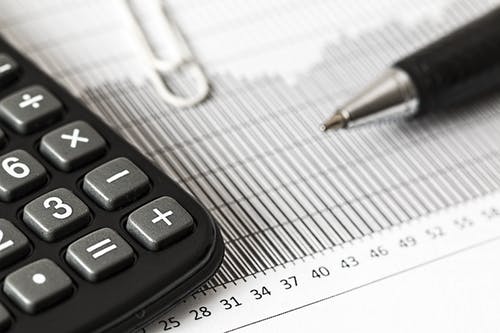
One of the mandatory restaurant permits and licenses, GST Registration is required for businesses whose revenue exceeds ₹ 20 Lakhs. Under GST, restaurants fall under the 5% GST rate with no option to claim input tax credit (ITC), or the 18% GST rate with ITC claims. This rate is decided depending on the location of the restaurant:
- Standalone restaurants (including takeaways): 5% without ITC
- Restaurants within hotels (where room tariff is less than ₹ 7,500): 5% without ITC
- Restaurants within hotels (where room tariff is ₹ 7,500 or above): 18% without ITC
Documents required to register your restaurant under GST
- Photo of restaurant owner(s) / proprietor(s)/ managing partner or designated partner in case of partnership
- Partnership deed in case of partnership firm
- No registration certificate required in case of proprietorship
- Evidence of ownership – sale deed, electricity bill, tax receipt, property tax receipt, etc
- In case of rental property, copy of rent / lease agreement with electricity bill in the name of the owner
- Bank account documents (passbook copy, cancelled cheque leaf, name, bank account no., MICR, IFSC, branch details
The registration form GST REG-01 is available on the GST website.
You can also learn more on how to calculate GST or the importance of having a GST billing software for your business, to automate GST calculations for your restaurant.
6.Environmental Clearance License
Environmental clearance is a procedure to get clearance from the government for certain projects that can cause environmental pollution. An environmental clearance license also provides an additional layer of trust that your restaurant practices are environment-friendly.
To apply for an environmental clearance license required for restaurant, the proprietor has to identify the location. Next, a screening of the location is done through the Environmental Impact Assessment (EIA) study. Once the assessment is studied and cleared, the license can be obtained. This license is provided by the Ministry of Environment and Forests after submitting the questionnaire for environmental appraisal.
You can apply for the certificate of environmental clearance from the ministry of environments and forests website.
7. Fire Safety License
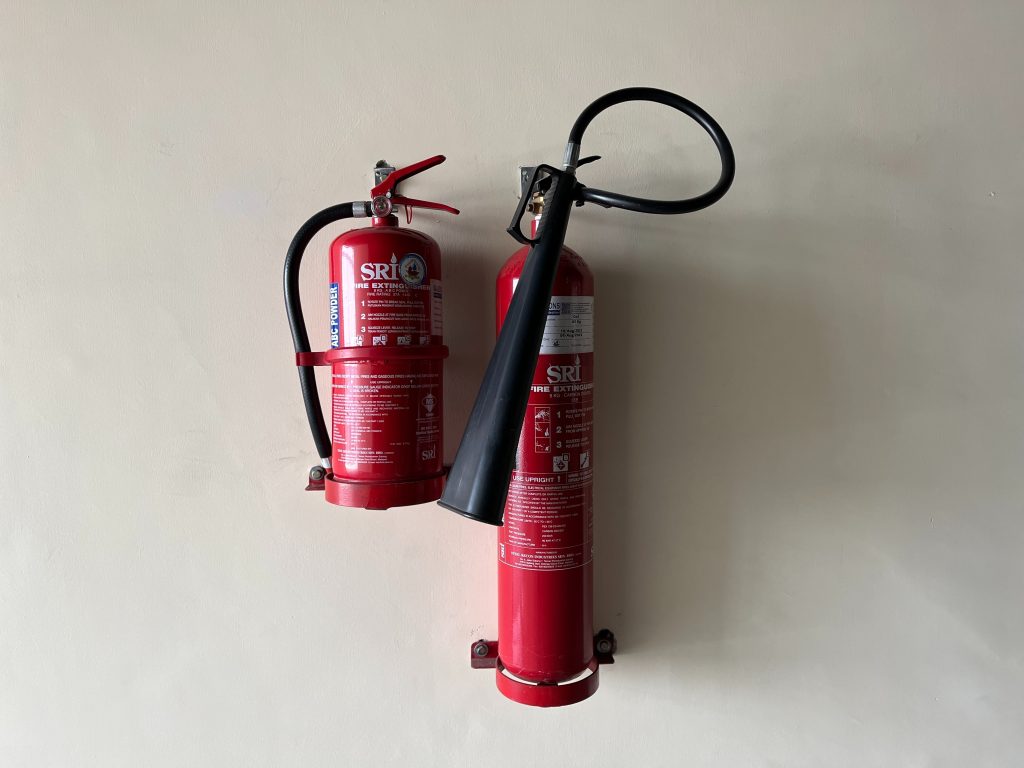
The issue and renewal of fire license across India are governed and regulated by the State governments. Every restaurant requires a fire license to safeguard and protect their customers.
To apply for a fire license, the respective documents have to be submitted online along with the application. Once the documents are uploaded, the physical copies of the documents have to be sent to the Concerned Approving Authority. The Concerned Authority goes through all the documents, and may ask for additional information within 7 working days of receiving the application. Next, the site is inspected by the Approving Authority. A report would then be prepared which will be submitted online. Upon verification, the fire NOC license will be provided.
There are no charges levied for applying for a fire license.
Documents for a Fire Safety License
- Requisition letter addressed to approving authority with the signature of the authorized signatory
- Land Ownership document copy (rental agreement, or Sale Deed)
- Copy of compliance certification issued by the fire and rescue services dept.
- Details of Fire Safety measures undertaken in the building
- Fire Safety Plan of the building, including Fire Alarm Plan and Hydrant layout, etc.
- Copies of the approved building plan from the competent authority
8. Lift License
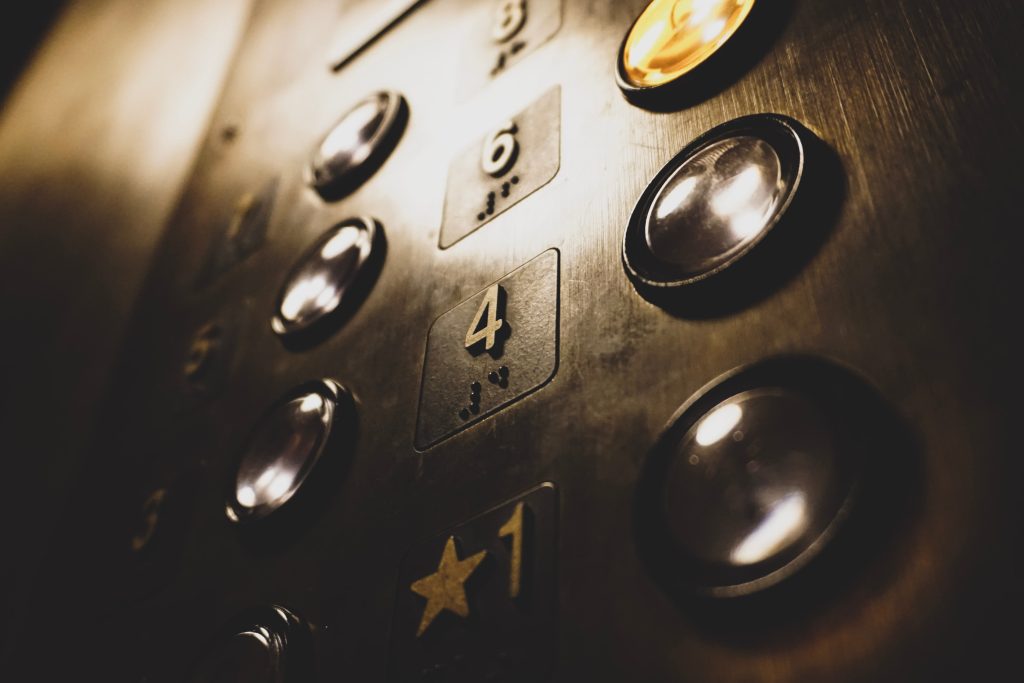
Installation of lifts in a multistory restaurant requires the clearance of an Inspector from the Electricity Department, and the Labor Commissioner of the particular city. After verifying the layout, safety gears, and installation, the license will be issued by the office of the Labor Commissioner.
9. Signage License

You will need a signage license, one of the important restaurant permits and licenses, to advertise your restaurant. This is a legal permit which allows you to use photos graphics, paintings etc, in your restaurant.
To get the signage license, you need to approach the local authority or the Municipal Corporation.
10. Music License

If you’re planning to rock your customers’ world, or play a medley of smooth jazz music, you will require a music license, that is in compliance with the Copyright Act of 1957. This license is obtained from the organization Phonographic Performance Limited (PPL) India.
To apply for a music license required for restaurant, you have to contact the PPL licensing executives and purchase license for on ground public performance. Based on your request, PPL India will charge royalty or license fees, which will be proportioned and shared with the original music labels accordingly.
The license can be obtained through the PPL website.
11. Shop and Establishment License
This is regulated to monitor or regulate work conditions and to protect the right of employees in an unorganized sector of employment. It is mandatory for all kinds of food businesses in India. Under this act, an employer has to declare the following:
- The business hours of the shop, including the opening and closing time
- Rest interval for the employees
- National and religious holidays
- Health and safety measures
- Wages for overtime work
Shop & Establishment license also protects children according to the Child Labor law.
The State Department of Labor issues the registration certificate under the Shop and Establishment Act. Local district labor officers are typically appointed as inspectors for granting certificates of registration under this act. Any modification required must be informed within 15 days from the date of change.
The licensing cost varies according to the number of employees:
- 1-5 employees: ₹ 6,500
- 6-11 employees: ₹ 9,000
- 12 or more employees: ₹ 15,500
Documents required to apply for a Shop and Establishment License
- PAN Card details
- ID and address proof of the Proprietor(s) / Partners
- Details of the employees
- Rental agreement / Sale Deed copy
- Contact details of concerned person
12. Restaurant Insurances
Although there are no general rules on getting insurance for restaurants it is essential that you insure your restaurant on the below four parameters.
- Public Liability
- Product Liability
- Fire Policy
- Building & Asset
Insurance can be obtained from any legally registered entity.
Now that you have a fair idea of all the licenses required for restaurants in India, the next step is to acquire a robust restaurant management system to automate your restaurant’s operations. With Gofrugal ServeEasy‘s multiple features such as billing, inventory, accounting, customer and loyalty, staff, and kitchen management, automating your daily operations is no longer a hassle.
Frequently Asked Questions (FAQs)
What are the licenses needed for a restaurant?
The certifications or licenses needed for restaurants are:
- FSSAI License
- GST Registration
- Eating House License
- Fire License
- Liquor License
- Shop and Establishment License
- Health Trade License
- Environmental Clearance License
Is GST compulsory for restaurant?
GST is one of the compulsory licenses required for restaurants whose revenue exceeds ₹ 20 Lakhs (₹ 2,000,000) annually. For restaurants in special category states, restaurants whose aggregate turnover crosses ₹ 1,000,000 will require GST registration. The list of special category states is given below:
- Arunachal Pradesh
- Assam
- Jammu & Kashmir
- Manipur
- Meghalaya
- Mizoram
- Nagaland
- Tripura
- Sikkim
- Uttarakhand
How much does a restaurant license cost in India?
The cost of each restaurant license varies from State to State. Given below are the approximate cost ranges for the licenses required for restaurants:
- FSSAI License: Between ₹ 100 and ₹ 7,500
- Liquor License: Between ₹ 200,000 and ₹ 700,000
- Health Trade License: Between ₹ 1000 and ₹ 15,000
- Shop and Establishment License: Between ₹ 6,500 and ₹ 15,500
How many types of food licenses are there in India?
There are 12 types of restaurant licenses required to open a restaurant in India, such as FSSAI License, Liquor License, Health Trade License, Eating House License, etc. Click here to know more details about each type of license.
Do small restaurants pay GST?
GST is applicable for restaurants based on their size. Given below is the GST rate allocation for restaurants:
- Standalone restaurants (including takeaways): 5% without ITC
- Restaurants within hotels (where room tariff is less than ₹ 7,500): 5% without ITC
- Restaurants within hotels (where room tariff is ₹ 7,500 or above): 18% without ITC
How to get FSSAI license?
You can apply for FSSAI license from the Food Safety Compliance System (FoSCoS) portal, which is an enhanced version of Food Licensing and Registration System (FLRS). Ensure you have collated all the requisite documents before applying for the FSSAI license. Click here to know more about these documents.
What is the restaurant license cost in India?
The restaurant license cost in India varies based on the type and size of the restaurant, the number of seats, the location, and the FSSAI registration category. The registration cost of dine-in restaurants ranges from ₹ 10,000 to ₹ 25,000, depending on whether it’s a fine dining or casual dining. The consolidated food license for a restaurant will again cost around ₹ 10,000 to ₹ 25,000.
What is the cost of a cafe license?
The cost of a cafe license in India is ₹ 10,000. This is only the license cost, and you'll have to pay another ₹ 10,000 to get your cafe registered. One can get a cafe license with the municipal corporation of their place of business or contact licensing authorities for specific details.
How can you get a restaurant license?
- Determine the required licenses: This depends on your specific location and business model
(e.g., food truck, cafe, full-service restaurant). - Register your business: Depending on your location, you’ll need to register as a sole proprietorship, LLC, or other type of entity.
- Obtain an FSSAI license: FSSAI is a mandatory license and can be applied for through its website. Learn more about FSSAI here.
- Apply for additional licenses: These include health permits, fire safety certificates, liquor licenses, and more.
- Pay applicable fees: Each license will have its own fee associated with it.
- Get started with your business: Your business is good to go once you secure all of these licenses.
